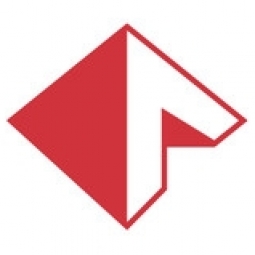Aegis Software
Case Studies
Case Study: Lear Automotive Electronics and Electrical Products (Shanghai) Co., Ltd.
Overview
 |
Case Study: Lear Automotive Electronics and Electrical Products (Shanghai) Co., Ltd.Aegis Software |
Functional Applications - Manufacturing Execution Systems (MES) | |
Automotive | |
Discrete Manufacturing Quality Assurance | |
Manufacturing System Automation Predictive Maintenance | |
Software Design & Engineering Services System Integration | |
Operational Impact
| Lear Shanghai has achieved process interlocking by leveraging the process flow operators created in the Aegis NPI module. If a process station is skipped, or a defect is found that requires redirection of a product to rework, the Aegis system will force a re-route of the product to the proper location. | |
| The CAD based visual rework stations enable operators to conduct repair and rework rapidly and accurately by visually mapping defects and repairs directly to actual product elements on the screen via the CAD drawings. | |
| The facility now has more than sixteen real-time analytics dashboards in use on their shop floor and factory offices, each updated immediately as data changes occur. These dashboards allow the engineers to create their own view with simple drag-and-drop functionality that does not require IT support. Employees have instant access to key metrics including line performance, production output, defect information, and first pass yield. | |
Quantitative Benefit
| Average new product introduction time has been shortened from 24 hours to 6 hours | |
| Rework and debug time have been reduced by 50% | |
| Average assembly rework time has dropped 28% | |


